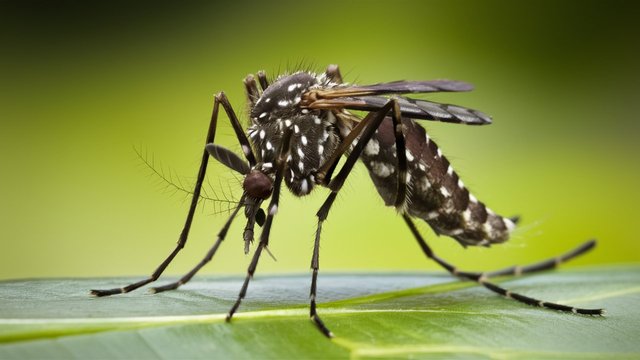Health Officials Issue Warning Against Dangerous Mosquito-Born Diseases: Take Precautions To Stay Safe

Health officials and the public are concerned about the recent spike in deaths in Idukki from vector-borne illnesses like Dengue and West Nile. As the monsoon season approaches, the district health department has issued a call for heightened awareness and preventive measures. This is all the information you need to understand about the wider effects of vector-borne illnesses and the methods that international health bodies advise using to stop their spread.
Tragic incidents in Idukki have highlighted the lethal threat posed by mosquito-borne diseases. On May 25, Baiju, a 46-year-old resident of Kanjikkuzhy, succumbed to dengue at the Kottayam Medical College Hospital. Initially admitted to a private hospital in Thodupuzha, his condition deteriorated after being transferred to the medical college. Similarly, on May 17, a 24-year-old man from Maniyarankudi died due to West Nile disease at the Idukki Medical College Hospital. This patient had contracted the disease while receiving post-kidney transplant treatment at a private hospital in Kozhikode.
Concerns among medical professionals over how climate change may contribute to an increase in vector-borne illnesses are growing. The occurrence of diseases like dengue and West Nile has increased due to the expansion of habitats suitable for mosquitoes carrying diseases brought about by rising temperatures and altered weather patterns.
This link is further supported by a study that was published in the Lancet and notes that warmer temperatures and variable rainfall patterns encourage the growth of mosquito populations. Because their healthcare systems are frequently unprepared to handle such outbreaks, low- and middle-income countries should be especially concerned about this trend.
• worldwide effects and WHO guidelines
The World Health Organization (WHO) estimates that 80% of the world's population is at risk from vector-borne diseases. Every year, millions of people become infected with these diseases, which are carried by flies, mosquitoes, bugs, and other vectors, and many people die from them. They exacerbate already-existing health and socioeconomic inequalities by disproportionately affecting impoverished communities.
Insecticide-treated nets (ITNs) and indoor residual spraying (IRS) are the two main vector control interventions that the WHO advises using to combat these diseases. ITNs shield users from harm while they sleep, lowering the risk of illnesses like malaria. Insecticide-treated interior residential spraying (IRS) eliminates mosquitoes and other disease-carrying insects. IRS was first developed to treat malaria, but it has also shown promise against other vector-borne illnesses.
• How can I prevent mosquitoes from entering my home?
√ To stop mosquitoes from breeding, empty and clean containers such as pet bowls, bird baths, and flower pots on a regular basis.
√ Put in place fine mesh screens on your doors and windows to keep mosquitoes out of your house.
√ In outdoor areas, use mosquito-repellent candles or coils and apply EPA-approved repellents on exposed skin.
√ To effectively create strong airflow and deter mosquitoes indoors and outdoors, use ceiling or portable fans.
√ To naturally repel mosquitoes, plant rosemary, citronella, lavender, marigold, and basil around your house.
√ Follow the manufacturer's recommendations when applying outdoor residual sprays and indoor aerosol insecticides.
√ Maintaining the effectiveness of physical barriers such as screens, nets, and others against mosquitoes requires regular maintenance.
Designing, organizing, and carrying out vector control operations requires close coordination between health departments and implementing partners. The incidence of vector-borne diseases can be considerably decreased by applying insecticides in a timely and effective manner, which requires an adequate health system.